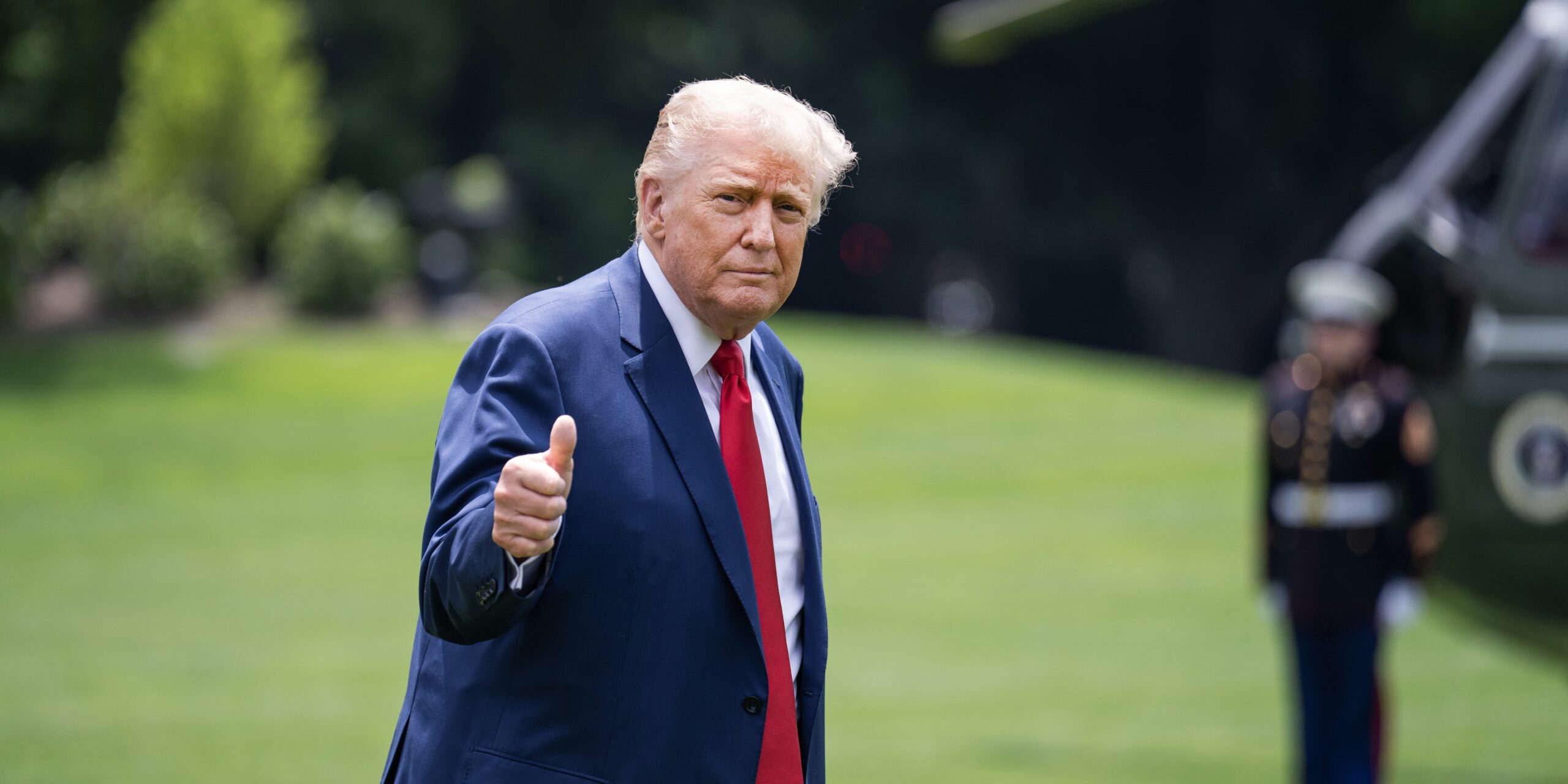**Billionaires Reaping Financial Windfalls from Trump’s Authoritarian Measures**
A recent investigative report has unveiled the beneficiaries of the Trump administration’s stringent policies, highlighting how a select group of billionaires has profited extensively from such measures.
The report, a comprehensive analysis of the economic impacts under former President Donald Trump’s tenure, identifies several high-profile individuals and corporate executives who have seen their wealth soar amid the controversial and often criticized policies. These revelations resonate with ongoing debates about political influence and wealth concentration in the United States.
Experts argue that Trump’s policies, which were frequently criticized for their authoritarian nature, often benefited the ultra-wealthy at the expense of broader social equity. “It’s no surprise that those already at the top have found ways to further increase their fortunes,” said political analyst Sarah Jenkins. “These policies created an environment where the rich could leverage their influence for even greater economic advantage.”
The report highlights industries ranging from defense to real estate, where these economic powerhouses have gained the most. For instance, individuals with significant stakes in defense contracting have benefited from increased military spending. Similarly, tax reforms that favored real estate magnates have allowed figures like these to amplify their wealth significantly.
Among the most notable names are the “usual suspects,” those individuals whose fortunes are inextricably linked to policy-driven profit opportunities. Critics suggest that such enrichment is evidence of systemic issues within U.S. political and economic frameworks, where money can potentially influence policy-making to the disadvantage of the average citizen.
As the discussion about wealth inequality persists, this report serves as a reminder of the complex interplay between politics and economic power. It calls into question the ethical implications of policies that disproportionately benefit a select few while leaving many behind.
For advocates of wealth tax and stricter regulations, these findings provide further impetus for reform. They argue for policies that ensure a more equitable distribution of wealth and opportunities across all economic strata—an ideal that seems increasingly elusive in light of these revelations.
Source: theintercept.com.

